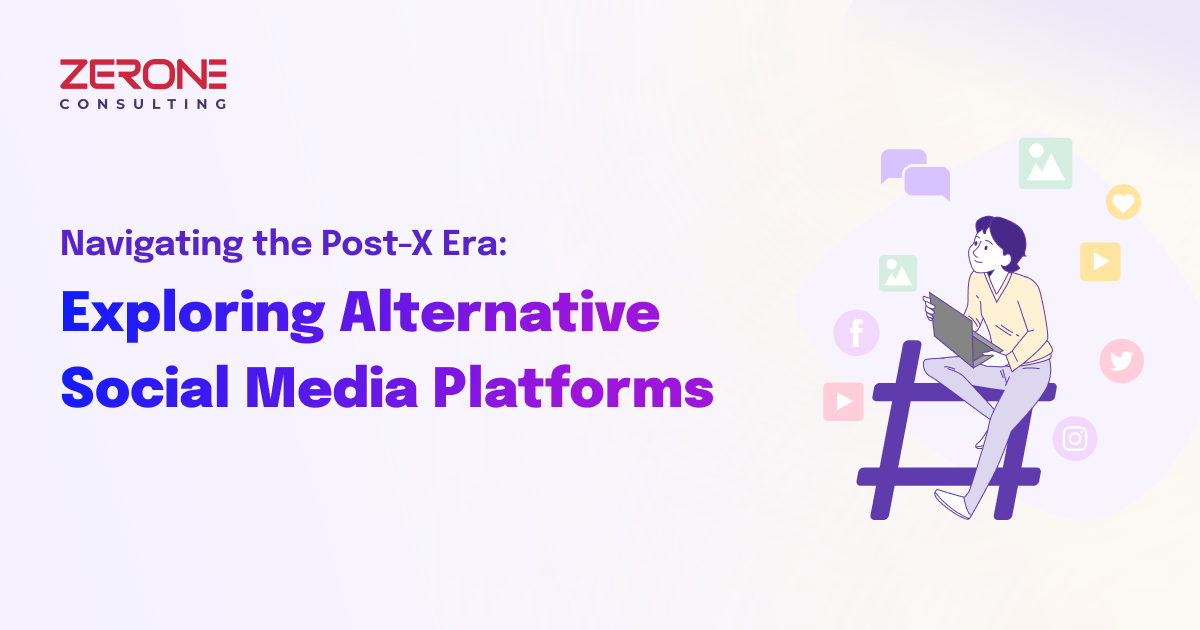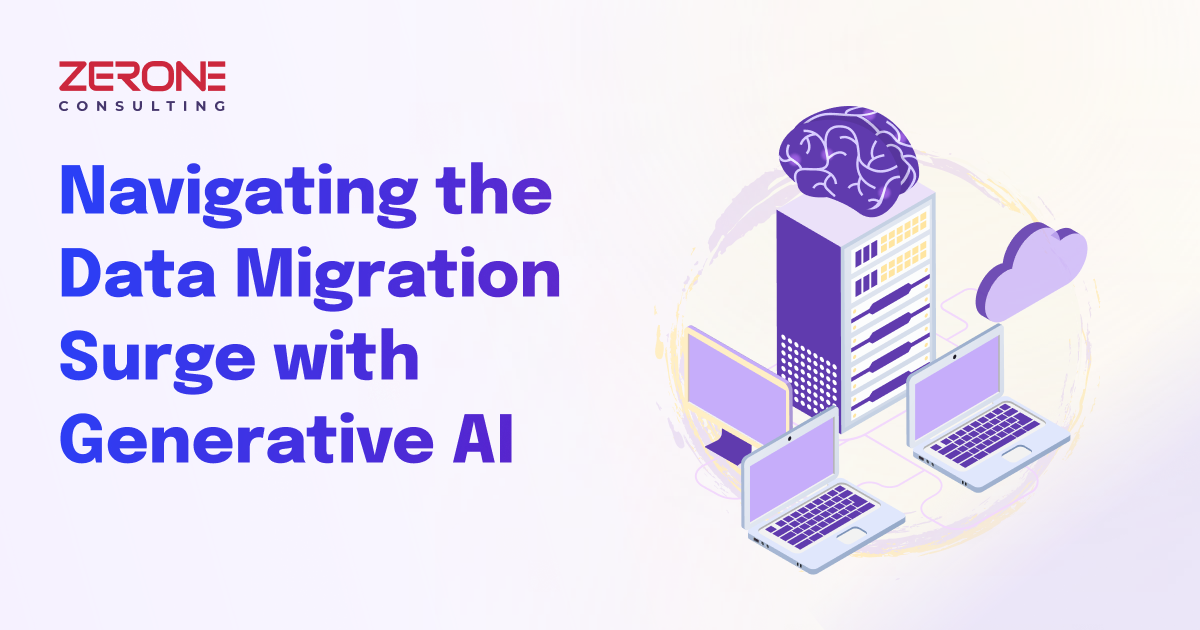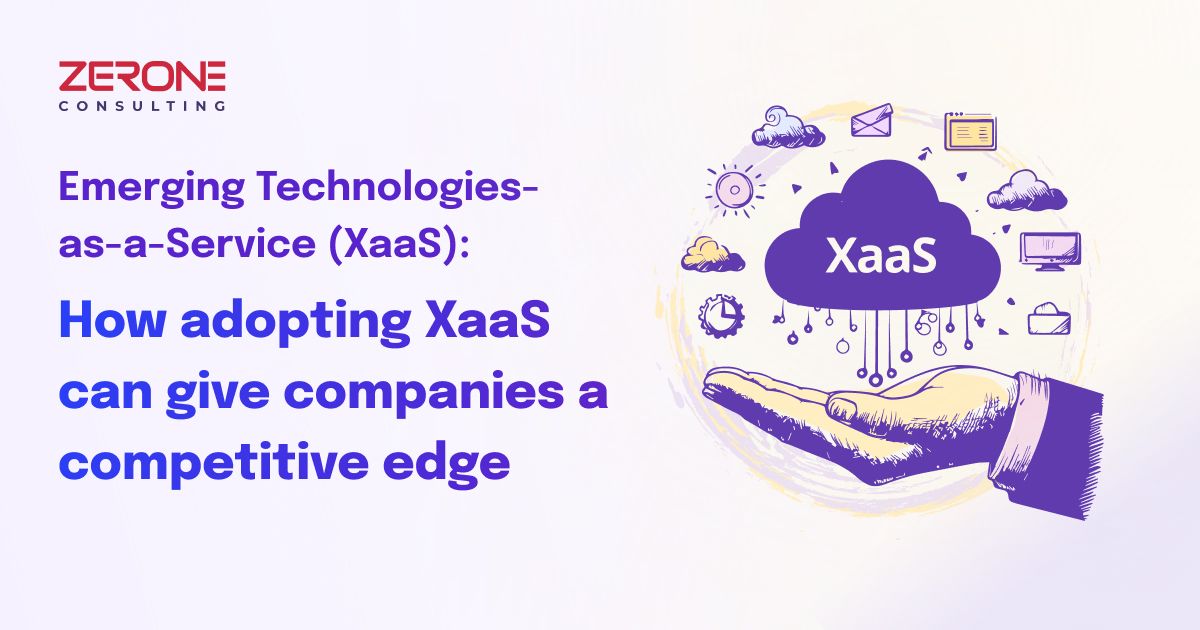The Future of Smart Cities: How AIoT is Transforming Urban Living
In the realm of technology, the fusion of Artificial Intelligence (AI) and the Internet of Things (IoT) – collectively known as AIoT – is heralding a new era in urban development. Smart cities, once a futuristic concept, are rapidly becoming a reality, reshaping how we live, work, and interact in urban spaces. This article delves into the role of AIoT in transforming cities, offering insights into current advancements, future potential, and the broader implications for society.
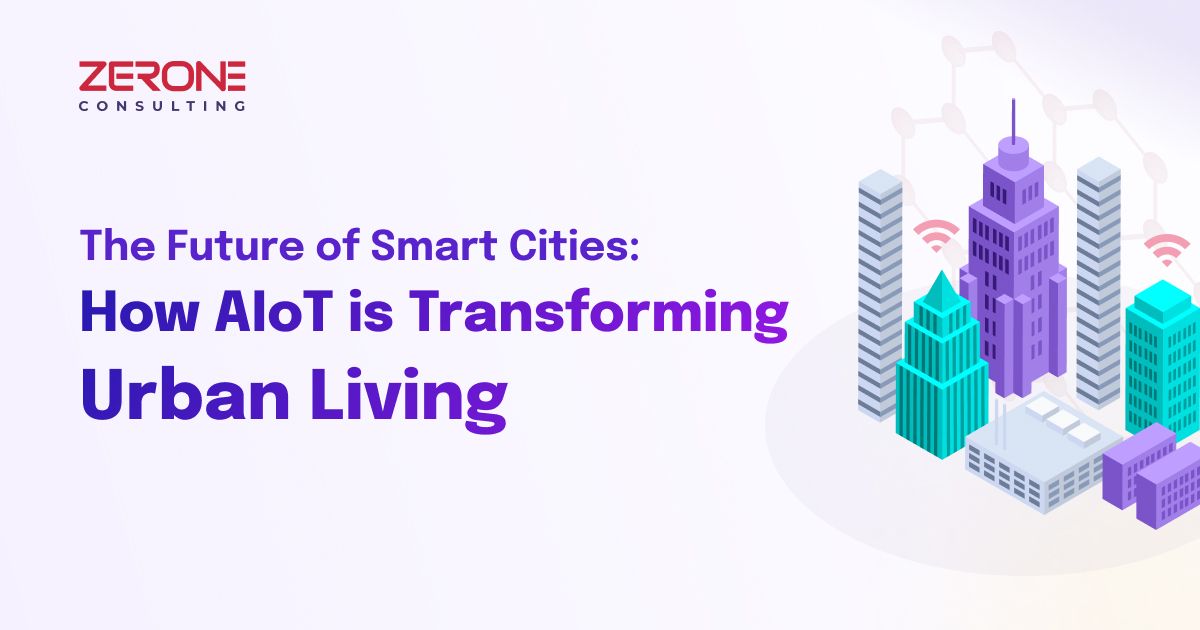
The Current State of AIoT in Urban Environments
Smart cities leverage AIoT to collect, analyze, and act upon data in real time, leading to more efficient and sustainable urban living. For instance, Barcelona, known for its innovative urban solutions, has installed IoT sensors throughout the city to monitor air quality and noise, manage waste collection, and optimize street lighting, resulting in an estimated saving of €75 million annually on water alone.
In Singapore, the Smart Nation initiative employs AIoT for everything from traffic management to elder care. The city-state uses AI-driven analytics to optimize traffic flow and public transport, reducing congestion and improving air quality. Similarly, in South Korea, the city of Songdo has been built from the ground up as a smart city, featuring ubiquitous technology, green buildings, and a vast network of sensors.
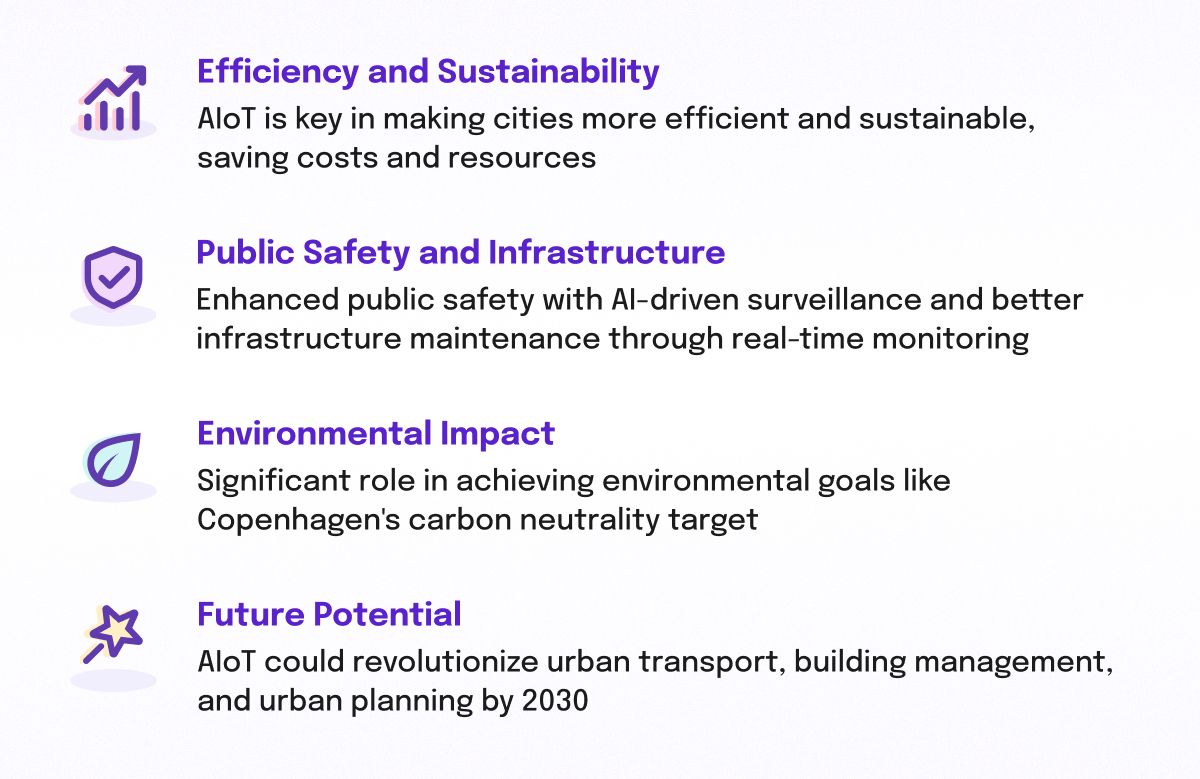
Breakthroughs and Latest Developments
One of the most notable advancements in AIoT is in the area of public safety. Cities like Chicago and Atlanta have implemented sophisticated surveillance systems with AI-powered facial recognition to enhance security. Additionally, AIoT is revolutionizing urban infrastructure maintenance. For example, in Boston, sensors detect and report potholes or infrastructure wear and tear, facilitating timely repairs.
AIoT also plays a critical role in environmental sustainability. Copenhagen, aiming to become carbon-neutral by 2025, uses IoT sensors to monitor and manage energy use and pollution levels, integrating data with AI for predictive analysis and efficient resource management.
Statistics and Future Insights
According to a report by MarketsandMarkets, the global smart cities market size is expected to grow from $410.8 billion in 2020 to $820.7 billion by 2025, at a Compound Annual Growth Rate (CAGR) of 14.8%. This growth is partly fueled by the increasing adoption of AIoT technologies.
The future of AIoT in urban environments is incredibly promising. Experts predict that by 2030, smart cities will use AIoT to enhance aspects of urban living that we are just beginning to explore. For instance, AI could manage entire public transport networks, optimizing routes in real time based on traffic conditions and passenger demand. IoT could facilitate 'living' buildings, which adapt to weather conditions and occupant behavior to maximize comfort and energy efficiency.
Another exciting prospect is the use of AIoT in urban planning. By analyzing vast amounts of data, AI can assist in designing more efficient, sustainable, and livable cities, considering factors like population growth, environmental impact, and resource distribution.
Ethical and Privacy Considerations
While AIoT offers immense benefits, it also raises significant ethical and privacy concerns. The extensive data collection necessary for AIoT can intrude on personal privacy if not managed correctly. Therefore, it's crucial for city administrators and technology providers to implement robust data governance and privacy protection measures.
Conclusion
The integration of AI and IoT is not just transforming urban environments; it's redefining our very conception of what a city can be. From optimizing resources to enhancing public safety, AIoT is at the forefront of creating more efficient, sustainable, and livable urban spaces. As we move towards an increasingly urbanized world, the role of AIoT in shaping the future of cities is both significant and indispensable.
We can help!
Navigating The Post-x Era: Exploring Alternative Social Media Platforms
#Applicationdevelopment
Navigating The Data Migration Surge With Generative Ai: A Strategy For 2024
#Applicationdevelopment
